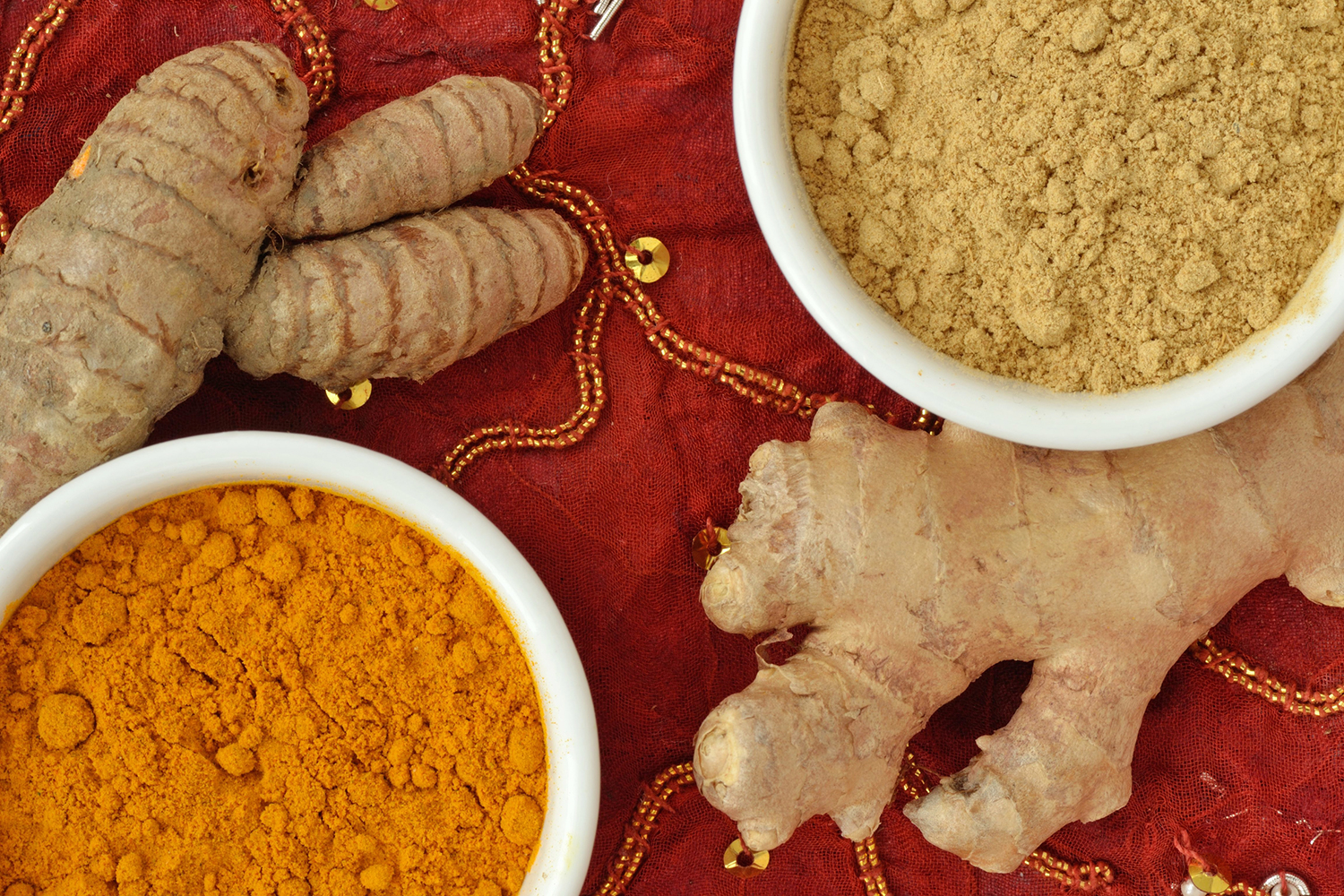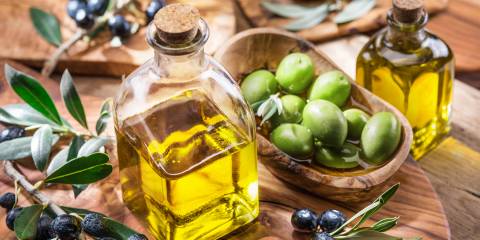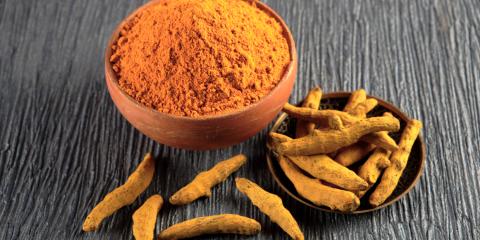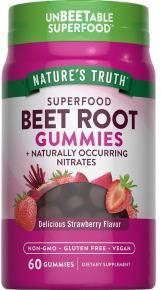Causes of Inflammation
Joint pain is one drawback to living a longer life. Generalized joint pain, called arthralgia, can be the result of many different types of injuries or conditions.
Osteoarthritis
Osteoarthritis (OA), the most common form of arthritis, is a worldwide public health problem, involving growth of bone spurs and degeneration of cartilage at a joint.
Rheumatoid Arthritis
Another form of arthritis, rheumatoid arthritis (RA), is an autoimmune disorder that causes stiffness and pain in the joints due to inflammation of the joints and surrounding tissues.
Bursitis
Bursitis—inflammation of the fluid-filled sacs that cushion and pad bony prominences that allow muscles and tendons to move freely over the bone—is another reason for joint pain.
Diet for Your Joints
Dietary supplements and nutraceuticals used in conjunction with non-steroidal, anti-inflammatory drugs (NSAIDs) may offer significant benefits to patients with joint disorders.
Even better, natural products have much to offer in terms of preventing and treating inflammatory conditions.
Glucosamine and Chondroitin
Research suggests that there is compelling evidence that the combination of glucosamine sulfate and chondroitin sulfate may interfere with the progression of OA. Glucosamine, an amino sugar that occurs naturally in the body, is not readily available from any primary food source. Commercial preparations of glucosamine are derived from a substance found in the outer covering of shellfish like lobster, crab, and shrimp, as well as in the marrow of chicken bones.
Glucosamine supplements come in three forms—glucosamine sulfate, glucosamine hydrochloride, and N-acetyl-glucosamine (NAG). Chondroitin is currently made from natural sources (shark/beef cartilage or bovine trachea) or by synthetic means.
Expert and industry opinions support the use of chondroitin and glucosamine, either alone or in combination, for pain reduction and increased mobility for those suffering from OA.
Glucosamine sulfate and chondroitin sulfate are generally well-tolerated with negligible adverse reactions.
Others Supplements for Inflammation Rescue
Bromelain
Bromelain, an enzyme found primarily in the inedible stems of pineapples (and readily available as a supplemental extract), has anti-inflammatory and analgesic properties helpful in reducing mild knee pain in adults with OA or RA.
Omega-3
Omega-3 polyunsaturated fatty acids are also effective for joint pain associated with rheumatoid arthritis in a number of studies. Readily available in supplemental form, essential fatty acids (EFAs) increase the production and activity of anti-inflammatory unsaturated fatty acids, called prostaglandins.
SAMe & MSM
Other helpful supplements include S-adenosylmethionine (SAMe), methylsulfonylmethane (MSM), and silica. SAMe helps to reduce pain and inflammation, but it should not be used by people taking prescription antidepressants or those who have manic-depressive disorder. MSM is a sulfur compound that assists in joint and tissue repair and reduces inflammation, and silica is helpful in building strong bones.
The Herbal Arsenal
Boswellia
Gum from the Indian Boswellia serrata tree offers anti-inflammatory and analgesic properties, found in its two major phytochemicals: boswellin and boswellic acid. Useful in reducing knee pain, increasing knee flexion, and lessening the frequency of swelling in the knee joint in OA and possibly other forms of arthritis, this natural resin extract can be taken as a tablet or capsule, or used topically as a cream to relieve pain.
Ginger
Ginger root (Zingiber officinale) has a long history as an anti-inflammatory agent in the Far East, dating back thousands of years. A combination extract of Alpinia galangal (a root closely resembling ginger) and Zingiber officinale appears to act synergistically and may help suppress inflammation due to arthritis.
Turmeric
Curcuma longa, or turmeric, is a perennial herb in the ginger family that has been used for centuries in Ayurvedic medicine as a treatment for inflammatory disorders like arthritis. Curcumin, a compound derived from turmeric, has anti-inflammatory properties effective in treating arthritis, despite its relatively low bioavailability (scientists are researching ways to increase this).
Herbal Aspirin
While results in terms of alleviating the symptoms of OA and RA are somewhat mixed, there is enough evidence to consider willow bark extract for joint pain. Although the natural salicin found in willow bark generally takes longer to work than aspirin, it lasts longer and ultimately does not pose as great a risk for gastrointestinal harm, especially if the salicin is diluted in a tea.
Ask Your Doc
Even though supplements are considered safe, always consult your healthcare practitioner before adding them to your supplement routine, as particular health conditions or prescribed medications may be affected.





